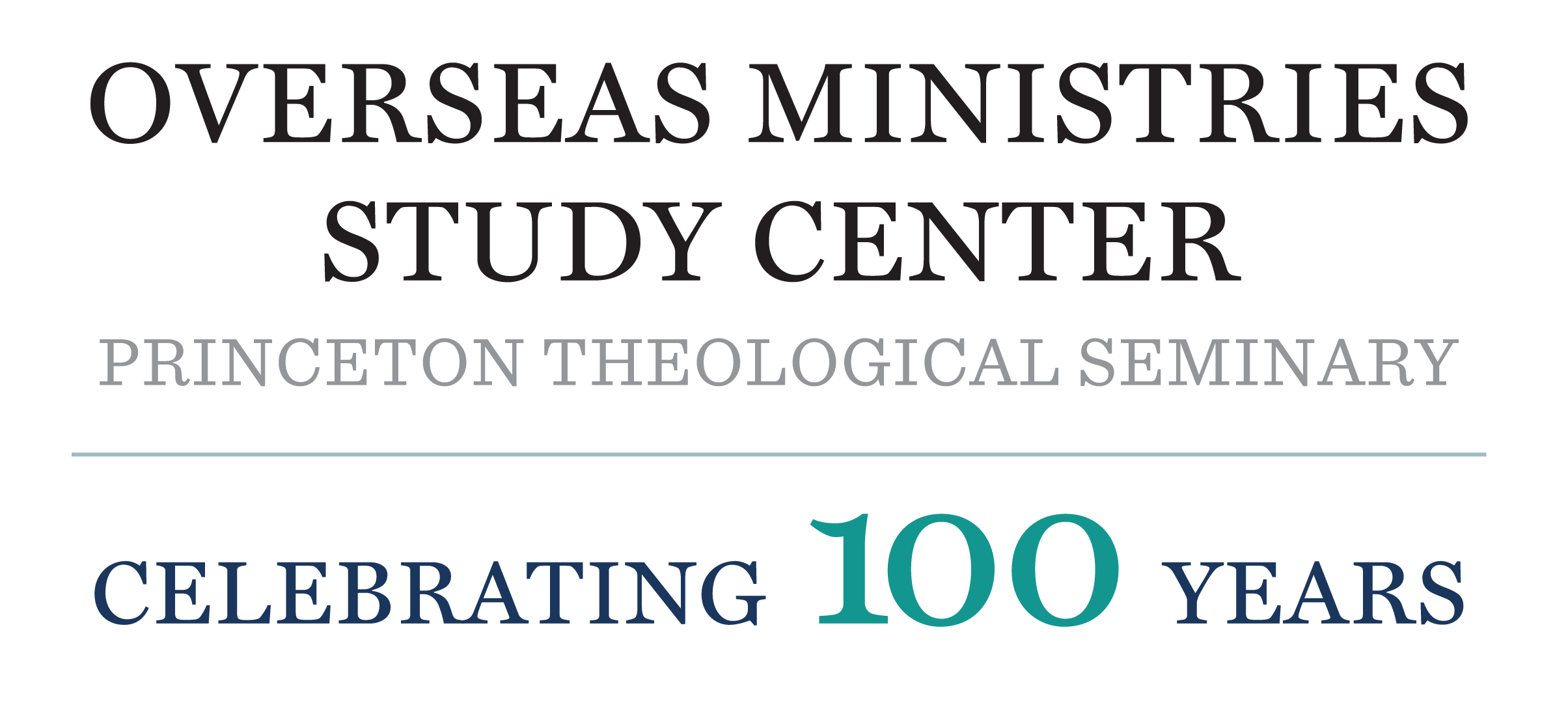Daniel J. Nicholas
What happens when megachurches—defined as churches with at least 2,000 attendees in weekly worship—focus their considerable financial and personnel resources onto the world stage? How do megachurch pastors, leaders, and members evaluate their own effectiveness in fulfilling the world mission mandate? What role, if any, should a megachurch’s denomination or its parachurch mission partners play in issues of accountability? How can the various parties effectively evaluate the performance of the others? These were some of the thorny questions considered November 3–6, 2015, by some seventy Korean-Global Mission Leadership Forum (KGMLF) participants, who came to South Korea from every continent on earth.
The theme of the conference was “Megachurch Accountability in Missions: Critical Assessment through Global Case Studies.” The assembled pastors, professors, mission executives, and others considered an array of interconnected topics, including contextualization, missionary recruitment and training, member care and evaluation, the impact of globalization, the perceived need for professionalism, uses of media, support resources, financial policies, the benefits of networking, the role of parachurch agencies, diaspora and urbanization, retirees as mission workers, ethnic diversity, biblical models for mission, short-term mission experiences, church planting dynamics, cross-cultural realities and expectations, challenges from rapid church growth, and a myriad of issues surrounding moral integrity.
“The rise of megachurch networks indicates that in urban settings today Christianity often functions as a network of interactions in which social relationships and structures and patterns of belief become increasingly global and interconnected,” said anthropologist and theologian Miranda Klaver of VU University, Amsterdam, speaking about her case study of the Hillsong Church network, based in Sydney, Australia. “As a consequence,” she noted, “for the sake of developing a contextualized theology, church planting ministries in global cities need to evaluate the relevance and meaning of the concepts of culture and ethnicity.”
In his plenary paper, Chang Ju Kim, professor at Ambatonakanga Faculté de Theologie and a Presbyterian mission coworker in Madagascar, highlighted both the negative and the positive results of pursuing deeper accountability: “Honest, candid analysis of the Korean church and the accountability of megachurches in their mission efforts could bring pain and regret. It could disturb and frustrate some of us. But it also has the potential to energize our development and to provide a fresh starting point, offering a new pathway for the future of the Korean church.”
The 2015 conference, the third KGMLF gathering, was held at a hotel in mountainous Sokcho, South Korea. It was cosponsored by the Overseas Ministries Study Center, New Haven, Connecticut, publisher of the International Bulletin of Mission Research (www.omsc.org, ibmr.sagepub.org); the 75,000-person Onnuri Community Church, Seoul (www.onnuri.org); and the Korea Research Institute for Mission, Seoul (www.krim.org). Previous KGMLF conferences, held at OMSC, also addressed the topics of accountability: “Mission, Missionary, and Church Accountability Issues” (February 2011) and “Family Accountability in Missions: Korean and Western Case Studies (June 2013). Jin Bong Kim, OMSC director of international church relations and coordinator of the three KGMLF conferences, this time invited an equal number of participants from Korea and from the rest of the world. As with the first two conferences, the proceedings will be published in Korean and in English. A fourth KGMLF conference is being considered for 2017 in Hong Kong.
Daniel J. Nicholas, IBMR managing editor, is OMSC director of communications, publications, and church relations.



